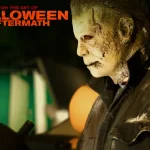Bonnie and Clyde (1967)
- tranthuy
- January 14, 2025
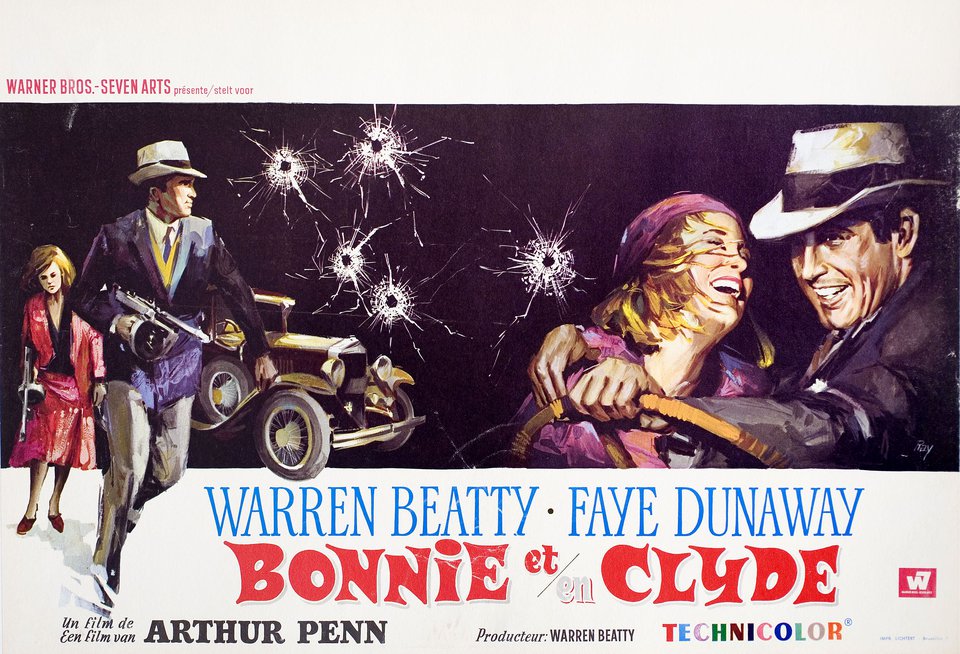
Bonnie and Clyde, directed by Arthur Penn, is a 1967 American biographical crime film that has left a lasting impact on the world of cinema. The film tells the true story of Bonnie Parker and Clyde Barrow, two notorious criminals who became infamous for their bank robberies and violent exploits during the Great Depression. The movie was revolutionary in its portrayal of crime and violence, which made it stand out in the film industry of the 1960s.
The leading roles of Bonnie and Clyde were played by Warren Beatty and Faye Dunaway. Beatty portrayed Clyde Barrow, a charismatic and daring outlaw, while Dunaway embodied Bonnie Parker, a beautiful and rebellious woman who becomes deeply involved in Clyde’s criminal life. Their performances are central to the film’s success, offering an engaging and nuanced portrayal of a doomed love affair between two criminals.
The film also features a talented supporting cast, including Michael J. Pollard, Gene Hackman, and Estelle Parsons. Pollard played the role of C.W. Moss, a young mechanic who becomes entangled with Bonnie and Clyde, while Hackman portrayed Buck Barrow, Clyde’s brother. Estelle Parsons won an Academy Award for her role as Blanche Barrow, Buck’s wife, who struggles with the dangerous life of crime. These performances added depth and complexity to the narrative, making the characters more memorable and relatable.
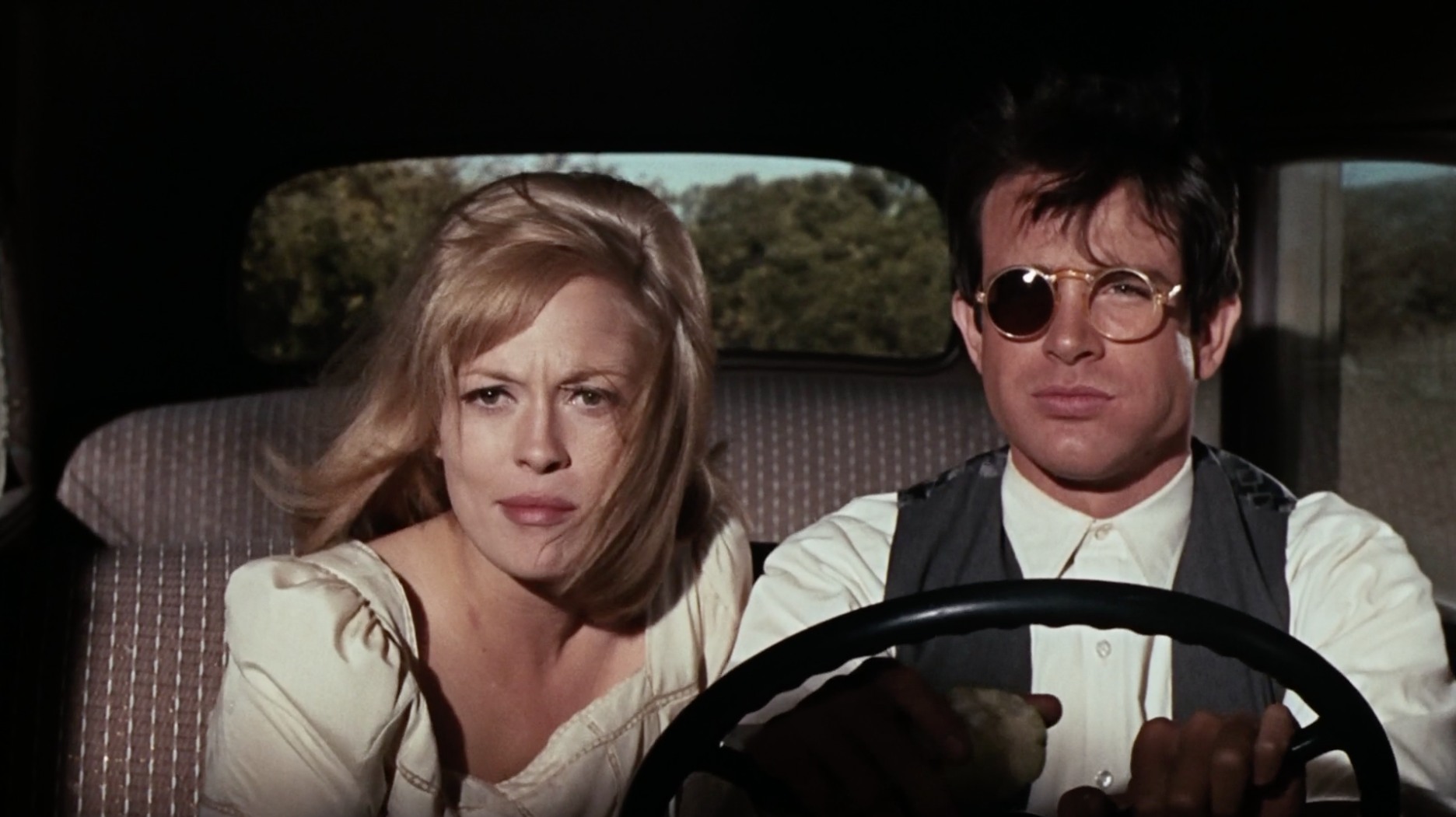
One of the film’s most striking features is its groundbreaking use of violence. In Bonnie and Clyde, the depiction of gunfights and bloodshed was far more graphic and intense than anything audiences had previously seen. The shocking and visceral scenes, such as the climactic shootout, were not only designed to captivate viewers but also to challenge traditional boundaries of what was considered acceptable in mainstream cinema at the time.
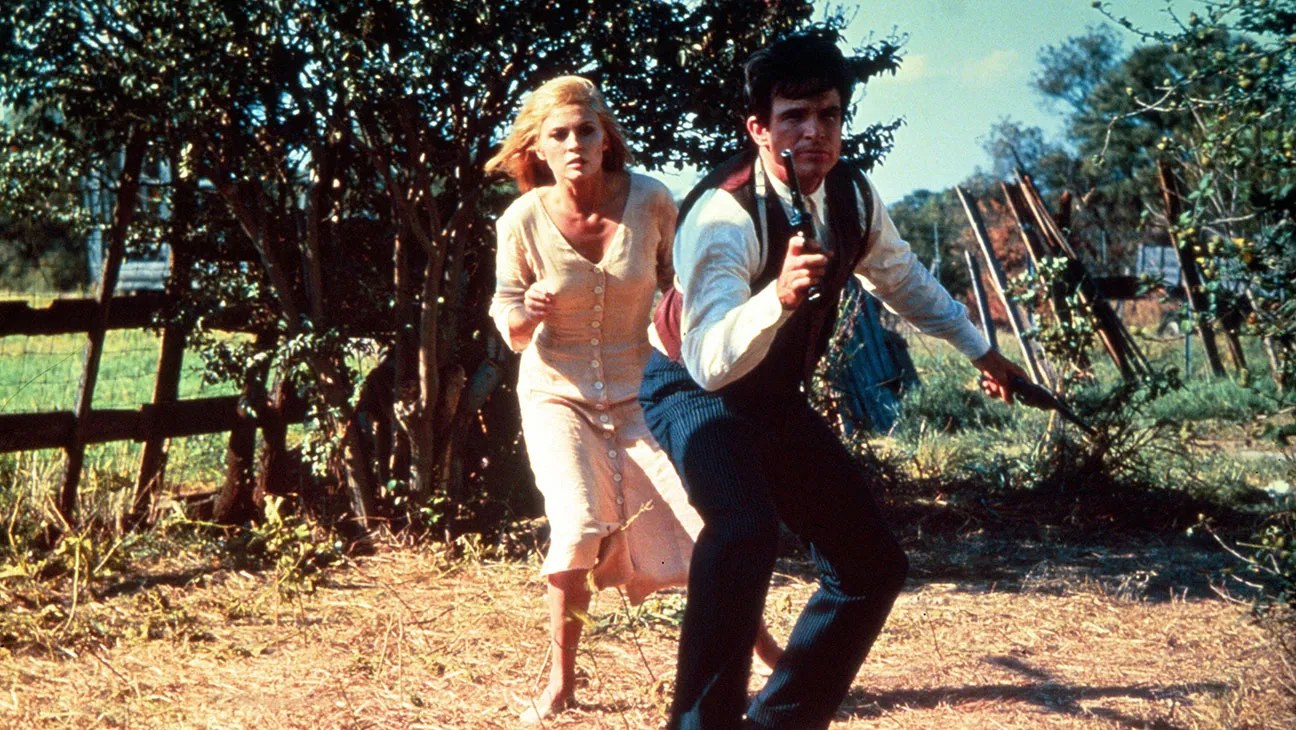
The film’s themes revolve around the nature of crime, rebellion, and the desire for fame. Bonnie and Clyde are not portrayed as purely evil criminals; instead, they are shown as complex individuals who, despite their criminal actions, seek out excitement, love, and freedom in an unforgiving world. This portrayal made the characters sympathetic, leading to a deeper emotional connection with the audience.
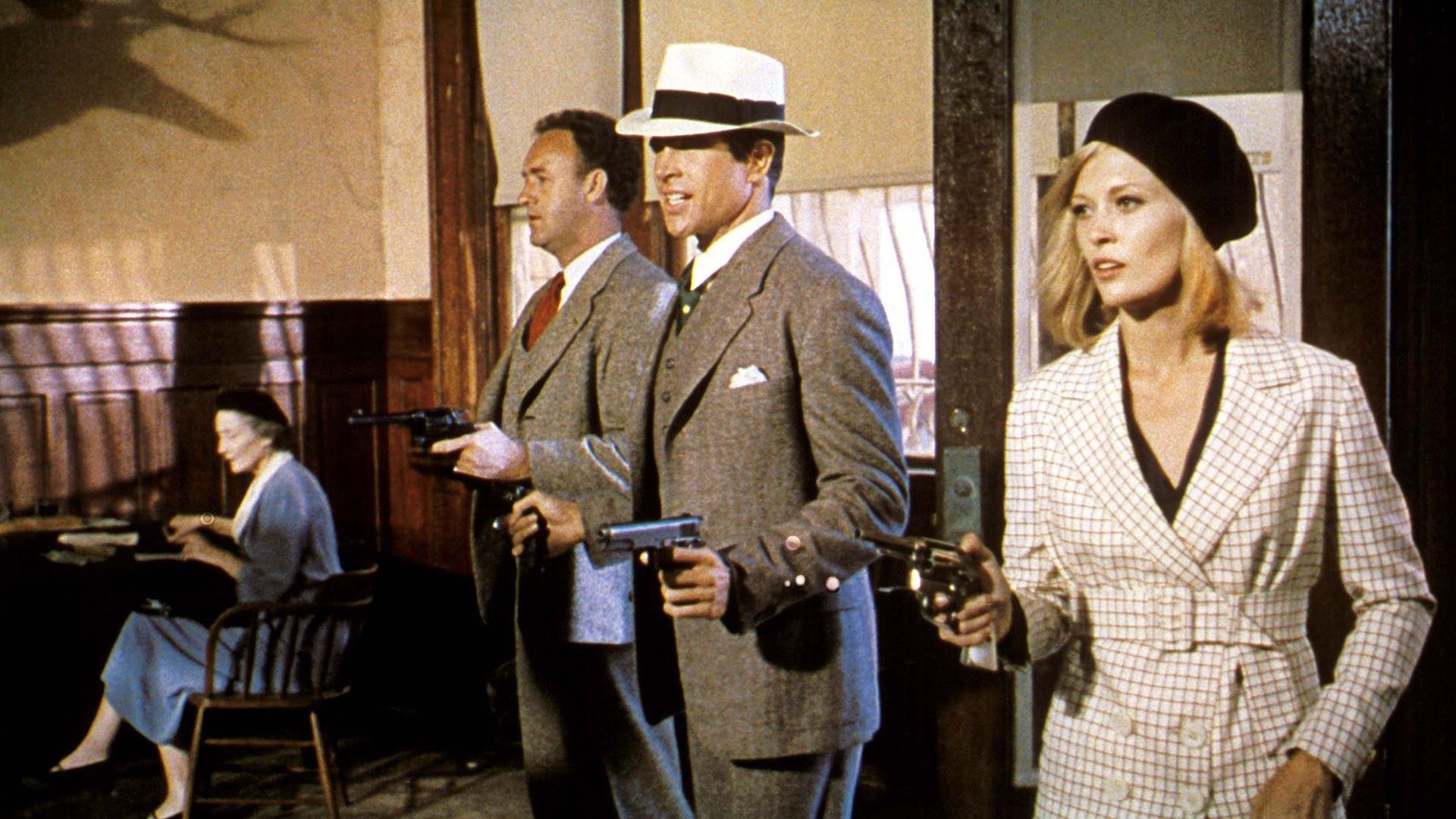
In conclusion, Bonnie and Clyde remains an iconic film that shaped the future of American cinema. With its powerful performances, innovative direction, and unflinching portrayal of crime, it challenged societal norms and left a lasting legacy. It is a must-watch for anyone interested in the evolution of film and the portrayal of antiheroes in cinema.




